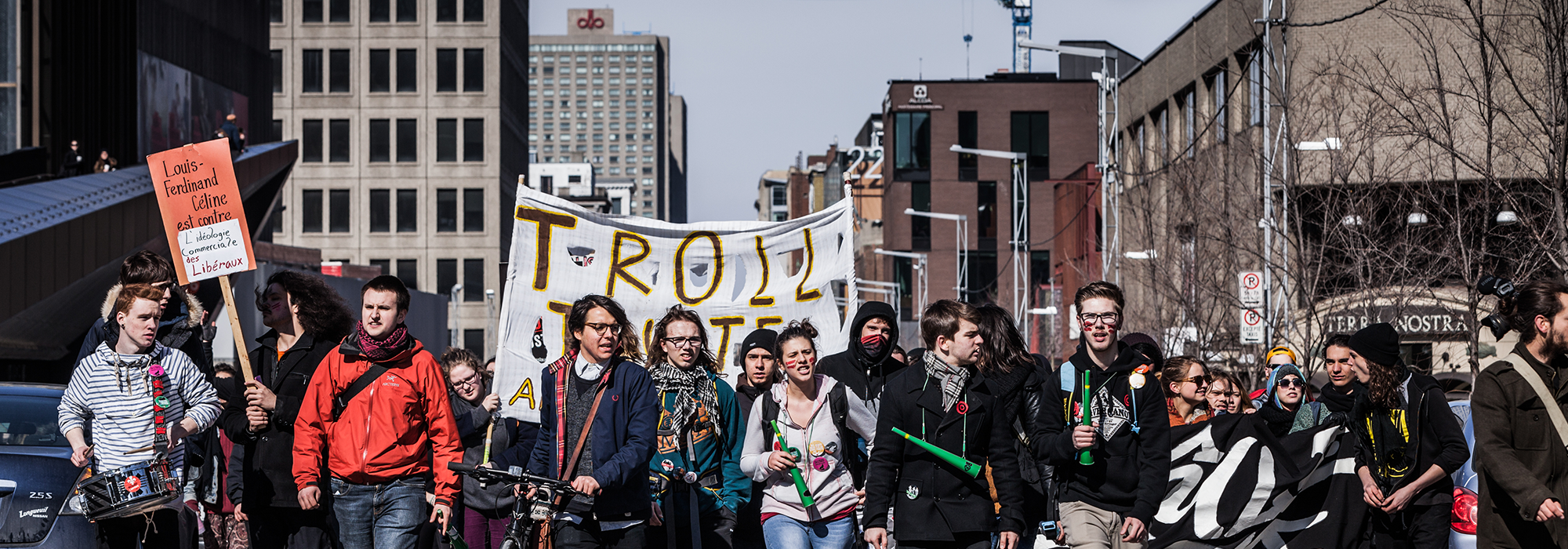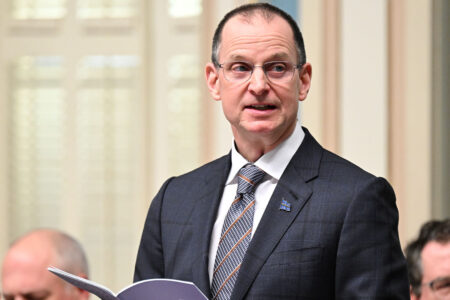
Last year, I wrote here about whether civil society organizations should bother engaging in public policy during an election campaign.
(tl;dr – no if your goal is to influence public policy, yes if you’re focused on citizen engagement)
We’re now in budget season. For Canada’s newly-elected government, this means setting out its fiscal priorities and deciding which of its election promises it can fund in 2016.
For civil society organisations (CSOs), it means money. Put crudely, what do we want the government to spend, and how much can we get for our priorities? It is of course, more complex than that, so what does civil society need to know about promoting public policy and spending during budget season?
One – budget season starts early. I’ve always liked Damien McBride’s post on how Gordon Brown managed his budgets. (McBride was Brown’s Director of Communications for many years). One issue he highlights is how early preparation for budgets starts, both from the civil service and political sides. CSOs beginning engagement in February are several months too late. You need a concrete timeline for engagement beginning in the Fall. Advocacy isn’t a one-shot public event or meeting. It’s a strategy of steady, relentless progress over many months.
Two – get to grips with the fundamentals of advocacy. You need to understand the budget process and how to influence it. Who is your target, when and how should you target them? What’s your messaging and case?
Three – get policy heavy. If elections are a public policy vacuum, budgets are your moment to shine. The populist, expensive and bad policies that seem to have weight in an election campaign gain much less traction in budget season. Realities of governing, tough choices and policy advice from professional civil servants mean much greater scrutiny of proposals. It’s not enough to outline the impact of your policy, you need to make the investment case for it. What’s the opportunity cost? Why your priority and not another group’s? Where is the funding coming from? (don’t say the magical money tree). Over time, all these must be addressed for your proposal to make the final cut.
Four – Politicians still make the decisions. The above notwithstanding, you can have the most wonderfully costed, fiscally-sound policy, but politicians gonna do politics. Your proposal needs to address both sides of the policy versus politics coin. If it alienates a key demographic, would result in the loss of half the governing party’s MPs in the GTA, or possibly the cession of British Columbia, you may want to rethink.
And politicians are influenced by voters. There is a role for citizen democracy in budget preparation. Beyond the Facebook townhalls and restrictive Finance Canada questionnaires (what if your policy does absolutely nothing to benefit Canada’s Middle Class, and that really isn’t its point anyway?), budgets outline the government’s priorities. The issues a government chooses to back with funding speak to that government’s values. There is both a valid democratic principle at stake – citizen participation – and political room for it – elected officials respond to voters.
You need to make your case for wider public support of your policy. Groups often use polling to demonstrate this, for example. Likewise, if your policy would be popular with a certain group, highlight that fact.
Five – Don’t underestimate the humble MP. I would not like to manage the Finance Minister’s inbox during budget season. I imagine it welcomes hundreds of money requests every day, most of which some poor staffer is tempted to immediately send to a junk email folder. Groups often feel they must target the top guy (and sadly, the Finance Minister is pretty much always a man). Consider varying your targets – supportive civil servants, coalitions of other CSOs, and the ordinary, unremarkable backbench MP.
Just as Southern Ontario MPs got a scientifically-dubious study into the health impacts of windfarms (spoiler – there’s still zip-all evidence they cause cancer) because it was a controversial issue in their ridings, your local MP can be an ally for lobbying her or his colleagues internally. Theoretically your local MP is keen to consult widely on budget priorities, and when convinced of your case, can help convey it upwards.
See also – Parliamentary Committees and their (maybe non-existent this year) travelling roadshow.
Six – the medium is just as important as the message. While you work at a professional or staff level with nuanced messages and costed policies, you should motivate others to promote your ask more broadly too. You’ll need to distill the messaging and make it easy to convey, but think laterally. If your policy would benefit parents, consider working with parenting bloggers or school board trustees to promote your idea. If you’re looking for a tax credit for vet fees, try mobilizing animal rights’ associations.
Seven – just like elections, budgets are not the be-all for public spending. They’re a very crowded, competitive advocacy space, with the additional complication of complex fiscal policy analysis. Few CSOs have the knowledge or capacity to properly cost proposals or to even understand the public discourse (What does the falling dollar have to do with debt-to-GDP ratio? Why are oil prices tanking and is Rachel Notley really responsible for the entire collapse of the global carbon economy? What’s the difference between deficit and debt? Why do people keep comparing the economy to a household budget and can they please stop?).
It is impossible for CSOs to go toe-to-toe with the business councils and economic institutes that dominate the budget debate. CSOs don’t have the same expertise, understanding or access (which is another issue for democratic participation). Consider whether the budget process is the right moment for you – is there another less-crowded moment you could leverage instead?
Eight – and finally, in a lesson from Captain Obvious, budgets are about money. If you have a non-monetary public policy idea, you’ll need to think hard about whether the budget is the right vehicle for your ask. It’s possible that to the Finance Minister, in a world where everyone else wants hard cash, your proposal will seem glorious and free. It’s equally possible there will simply be no room for unrelated policy in a document all about money.
And for those who need it:
tl;dr – budgets: great for complex public policy. Not so great cause it gets really complex
Photo: Benoit Daoust / Shutterstock.com







